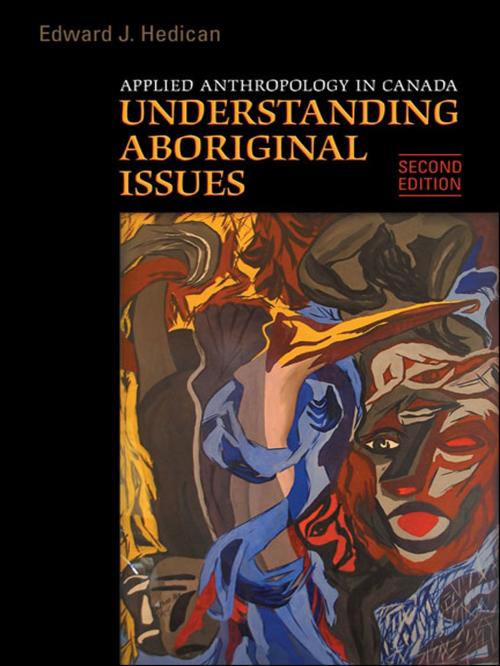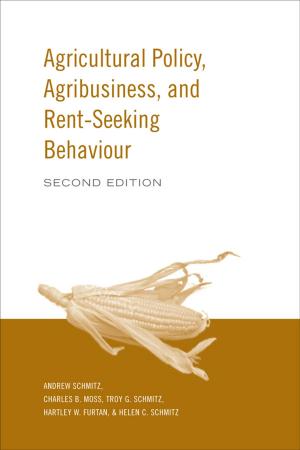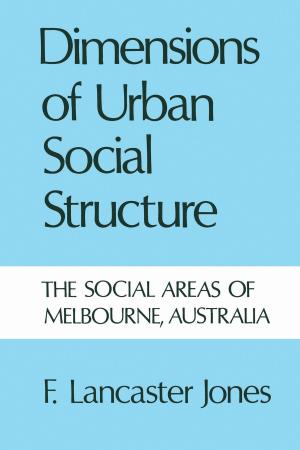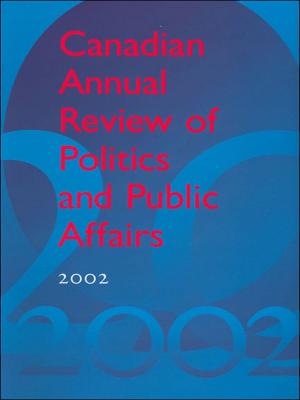Applied Anthropology in Canada
Understanding Aboriginal Issues
Nonfiction, Social & Cultural Studies, Social Science, Cultural Studies, Native American Studies, Anthropology| Author: | Edward J. Hedican | ISBN: | 9781442693180 |
| Publisher: | University of Toronto Press, Scholarly Publishing Division | Publication: | July 5, 2008 |
| Imprint: | Language: | English |
| Author: | Edward J. Hedican |
| ISBN: | 9781442693180 |
| Publisher: | University of Toronto Press, Scholarly Publishing Division |
| Publication: | July 5, 2008 |
| Imprint: | |
| Language: | English |
Anthropologists are often reluctant to present their work relating to matters of a broad social context to the wider public even though many have much to say about a range of contemporary issues. In this second edition of a classic work in the field, Edward J. Hedican takes stock of Anthroplogy's research on current indigenous affairs and offers an up-to-date assessment of Aboriginal issues in Canada from the perspective of applied Anthropology.
In his central thesis, Hedican underlines Anthropology's opportunity to make a significant impact on the way Aboriginal issues are studied, perceived, and interpreted in Canada. He contends that anthropologists must quit lingering on the periphery of debates concerning land claims and race relations and become more actively committed to the public good. His study ranges over such challenging topics as advocacy roles in Aboriginal studies, the ethics of applied research, policy issues in community development, the political context of the self-government debate, and the dilemma of Aboriginal status and identity in Canada.
Applied Anthropology in Canada is an impassioned call for a revitalized Anthropology - one more directly attuned to the practical problems faced by First Nations peoples. Hedican's focus on Aboriginal issues gives his work a strong contemporary relevance that bridges the gap between scholarly and public spheres.
Anthropologists are often reluctant to present their work relating to matters of a broad social context to the wider public even though many have much to say about a range of contemporary issues. In this second edition of a classic work in the field, Edward J. Hedican takes stock of Anthroplogy's research on current indigenous affairs and offers an up-to-date assessment of Aboriginal issues in Canada from the perspective of applied Anthropology.
In his central thesis, Hedican underlines Anthropology's opportunity to make a significant impact on the way Aboriginal issues are studied, perceived, and interpreted in Canada. He contends that anthropologists must quit lingering on the periphery of debates concerning land claims and race relations and become more actively committed to the public good. His study ranges over such challenging topics as advocacy roles in Aboriginal studies, the ethics of applied research, policy issues in community development, the political context of the self-government debate, and the dilemma of Aboriginal status and identity in Canada.
Applied Anthropology in Canada is an impassioned call for a revitalized Anthropology - one more directly attuned to the practical problems faced by First Nations peoples. Hedican's focus on Aboriginal issues gives his work a strong contemporary relevance that bridges the gap between scholarly and public spheres.















